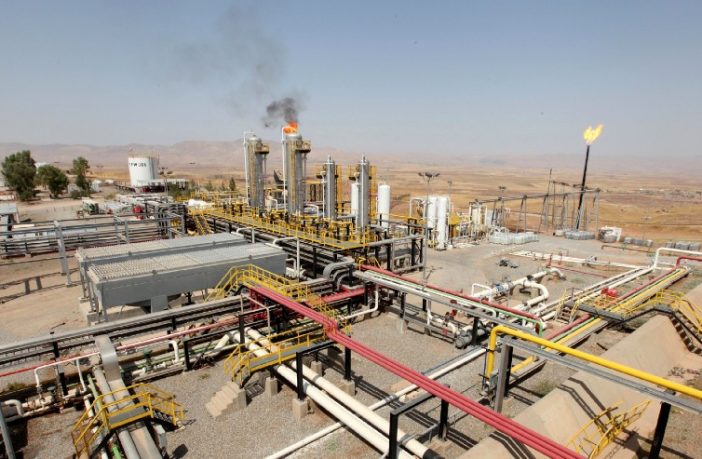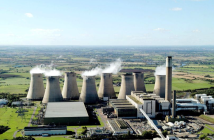- Tanzania is set to negotiate with international oil and gas companies the commercial terms for development of a US 30 billion liquefied natural gas plant in its southeast region of Lindi.
- The Ministry of Energy said the talks will begin in April and are expected to be concluded by September.
- The country has an estimated 58 trillion cubic feet of natural gas reserves.
“As the government, we are keen to implement this key project for the country’s economic progress,” said Energy Minister Medard Kalemani.
For nearly two years now, the multimillion-dollar project has been in limbo due to delayed signing of a host government agreement, which governs the rights and obligations of the parties involved with respect to the development, construction and operation of the project.
The agreement will set out the long-term framework for the LNG plant, which is not a part of the original production sharing agreement. “A deep-water LNG plant is a large project that requires large upfront investments. To ensure that all parties benefit from such a project, a stable and predictable framework for more than 30 years of the plant is essential,” he said.
We trust that the government of Tanzania has a long-term view on this major industrial investment,” said Erick Haaland, a spokesperson for Equinor, a Norwegian company that is leading a group of firms interested in Tanzania’s gas.
The long-awaited agreement will also address the nature of participation by the the national oil company — Tanzania Petroleum Development Corporation — and the fiscal framework.
The framework will also allow Tanzania to get full value from the resources.
Equinor with its partner Exxon Mobil Corp holds Block 2 offshore Tanzania with a 65 per cent and ExxonMobil 35 per cent. The government through TPDC has an offer of 10 per cent stake.Blocks 1 and 4 are held by Shell and Ophir Energy.
The government’s share of revenues for the project is expected to be more than 60 per cent, which will consist of direct income from government’s rights, income from TPDC participation as well as taxes.
Discussions for the commercial framework started in 2016 as the government claimed it in needed time to define the fiscal and operational framework of large investments, and to protect firms against adverse changes in national law for the benefit of the country.
Dr Kalemani said the government must be “content with the kind of agreements that we as a country are going into before signing the deal, to avoid entering into dubious deals.”
The country has an estimated 58 trillion cubic feet of natural gas reserves. Royal Dutch Shell Plc, which drilled 18 wells where 16 trillion cubic feet of natural gas has been discovered, said their focus now is the host government agreement, which will set out the legislative, regulatory and fiscal terms of the project.
Author: GBA News Desk
Source: East African











